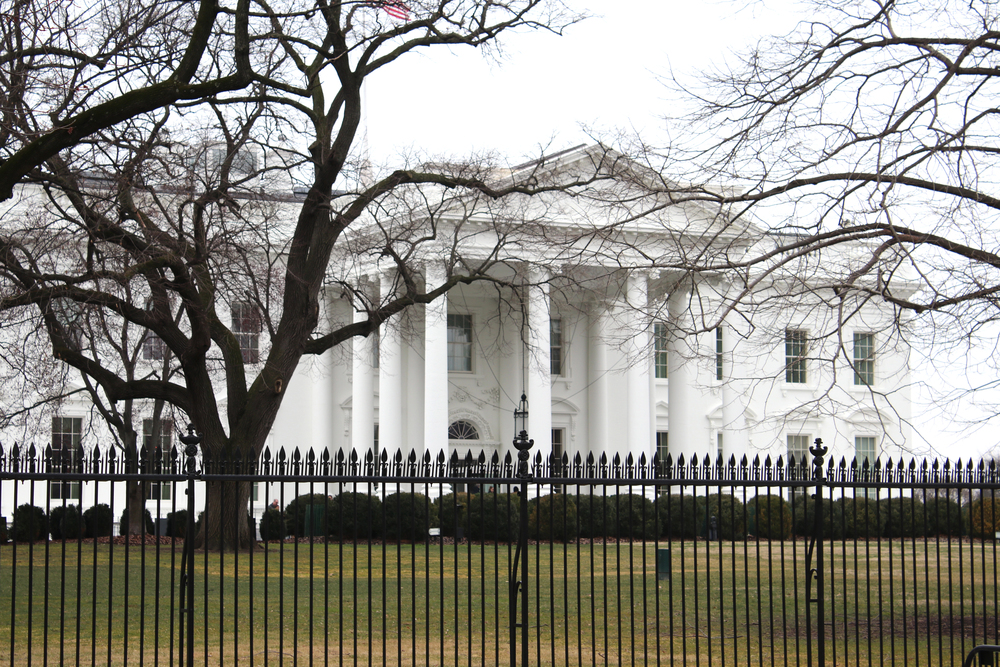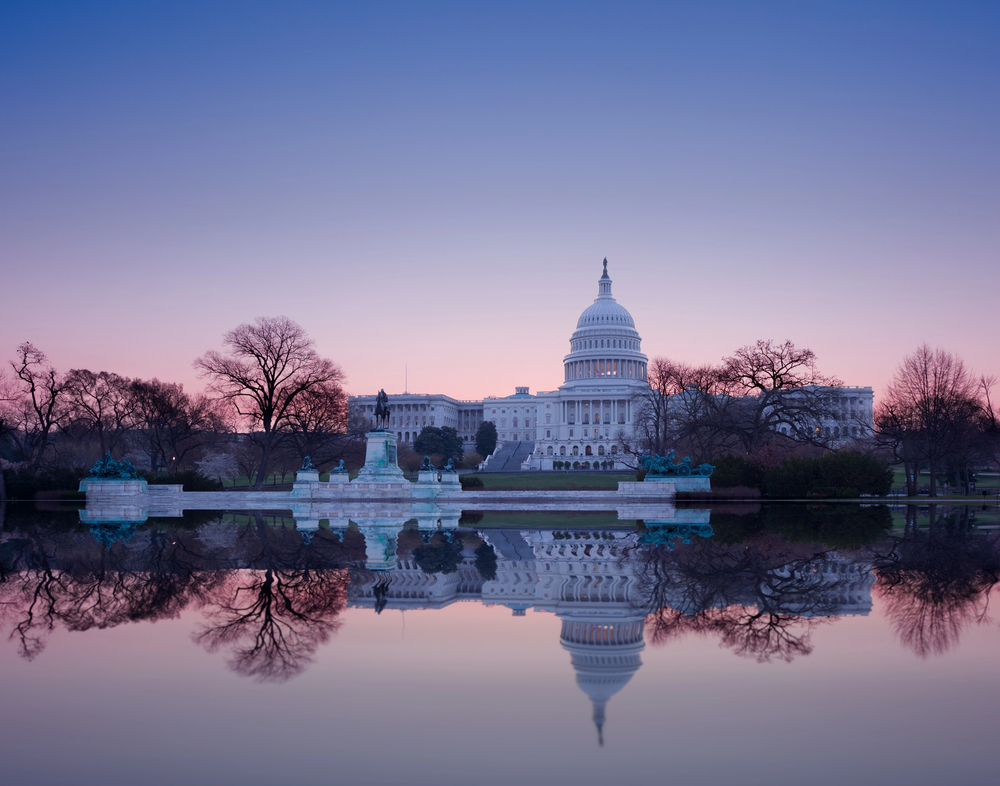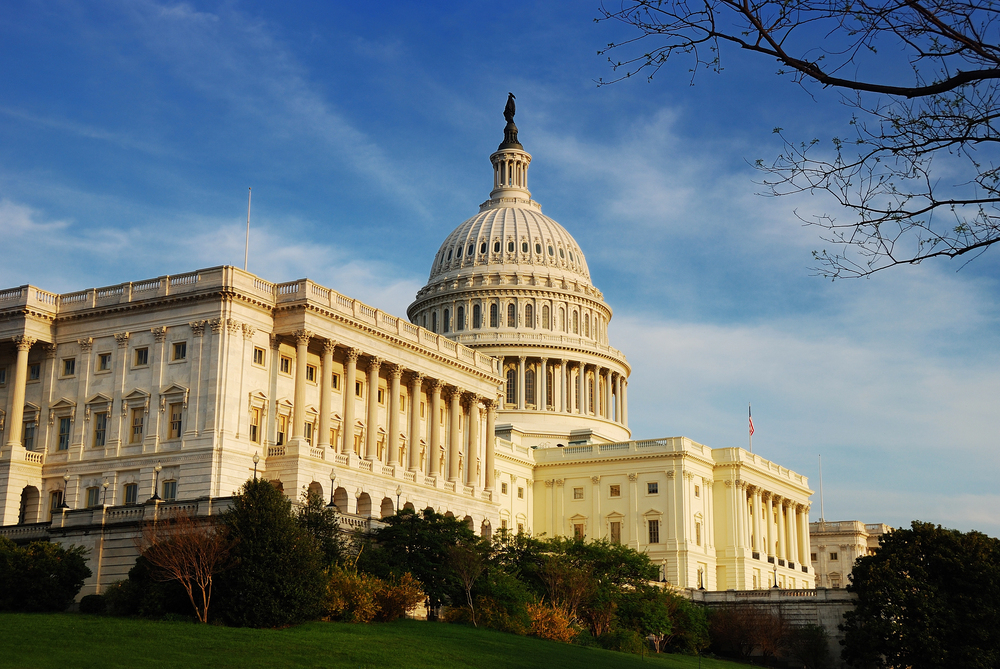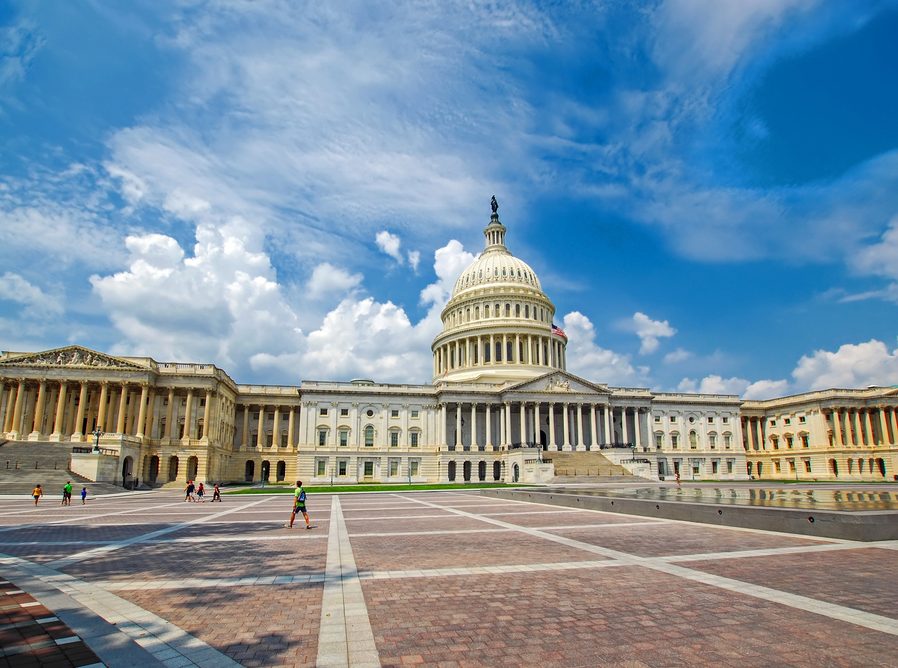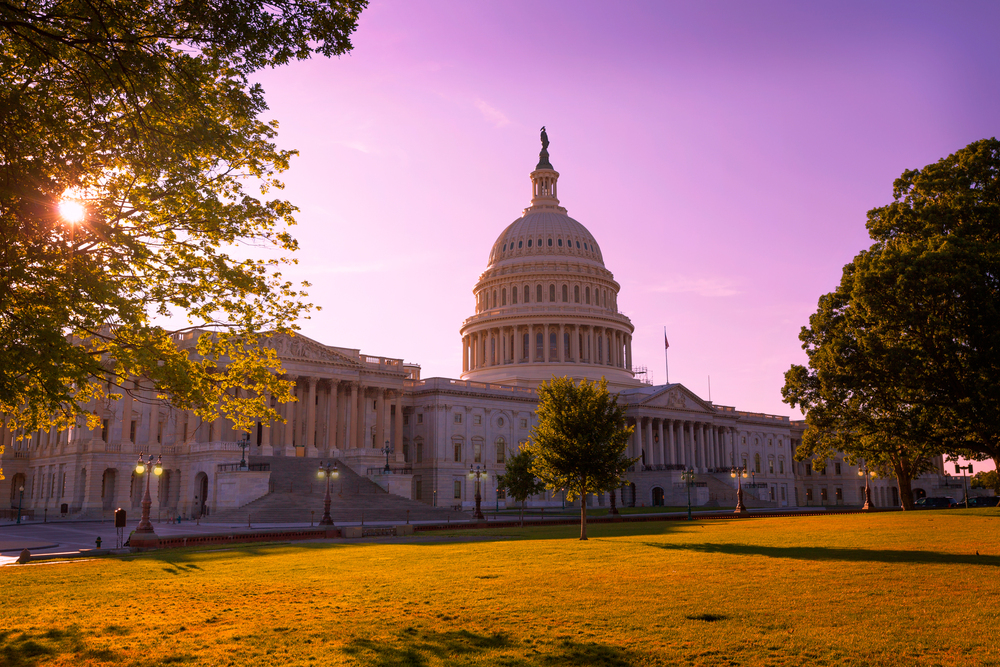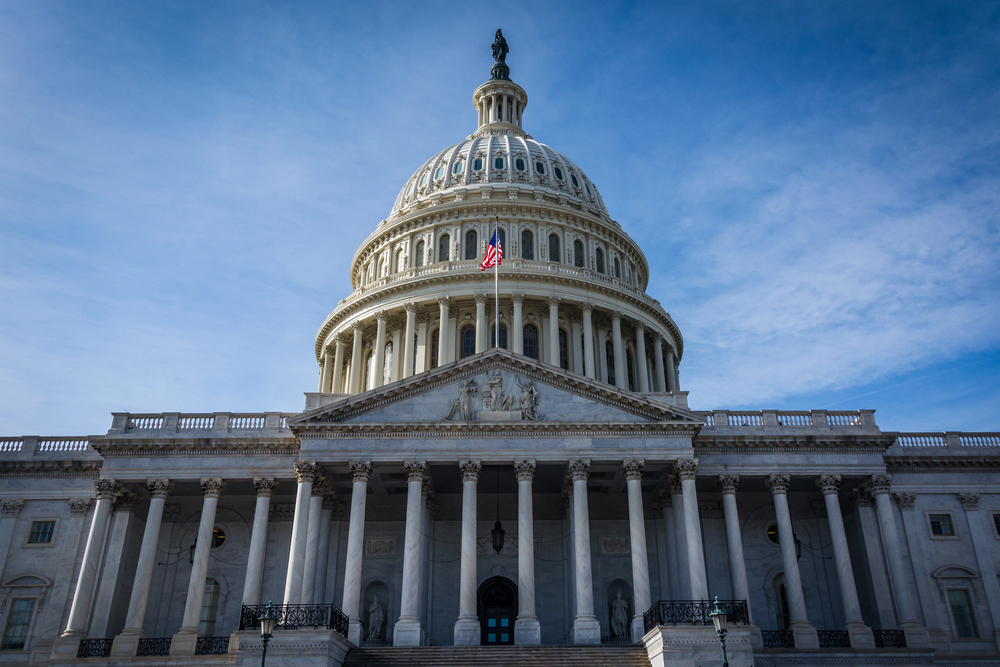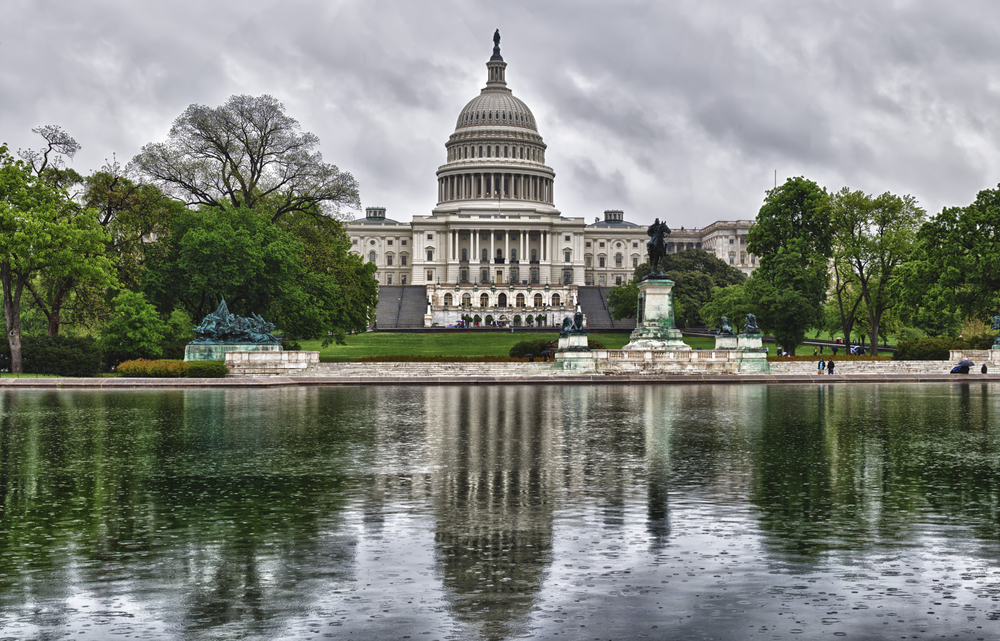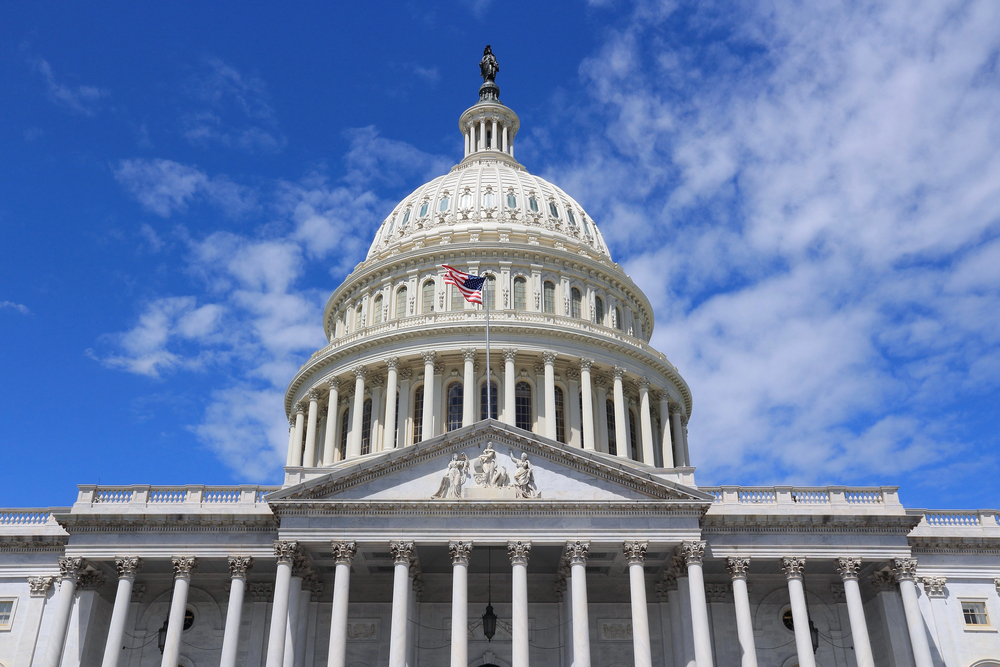Council of the District of Columbia Omit Retroactive Business Interruption Bill
By: Wes Bissett
On Tuesday, the Council of the District of Columbia considered a proposal that would have rewritten regulator-approved business interruption insurance policies to require payments for the uncovered coronavirus-related losses of businesses. The legislation, however, was neither adopted or voted on after several councilmembers expressed concerns and objections.
The bill would have required payments from insurers, despite a lack of coverage under policy terms, to businesses with fewer than 50 employees and less than $2.5 million in annual gross receipts or sales. It would have also required carriers, subject to the limits of policies, to compensate these small businesses for 50% of the COVID-19 losses that occur between May 15 and the expiration of the state of emergency in the District of Columbia.
Six of the council’s 12 members voiced apprehensions or objections during discussion of the proposal. The insurance measure was removed from an omnibus COVID-19 response bill after concerns were expressed about the legality of the draft and the adverse implications it would have, as well as the massive costs it would impose on the local insurance market. Legislators also noted that no other jurisdiction has taken similar action, and several observed that the measure was merely symbolic and offered false hope to small businesses.
The retroactive insurance proposal was unveiled last Thursday, and an affirmative vote this week would have almost certainly resulted in the enactment of the legislation. The council may revisit the issue or a similar proposal in the future, and such action could come as quickly as May 19.
The sudden development and swift consideration of the proposal provided little opportunity for stakeholders and interested parties to weigh in on the proposal, but the Metropolitan Washington Association of Independent Insurance Agents and the national Big “I” acted quickly to educate councilmembers and to point out the problems and unintended consequences of such action. One prominent member of the council cited the outreach of local insurance agencies and the information they provided when describing his concerns with the bill to the print media. The Big “I” was also a signatory of a joint industry letter that identified many of the reasons for our opposition.
The action in the District of Columbia came the same day that AM Best issued an analysis of the likely outcomes if policymakers across the country revise existing policies and force insurers to provide compensation for coronavirus-related business interruption claims. The report predicts devastating consequences if legislation of this nature is enacted. Stefan Holzberger, chief rating officer at AM Best Rating Services, noted that such action would have “a destructive impact on the industry’s financial strength and affect its ability to fulfill policyholders’ interests.”
Wes Bissett is Big “I” government affairs senior counsel.

